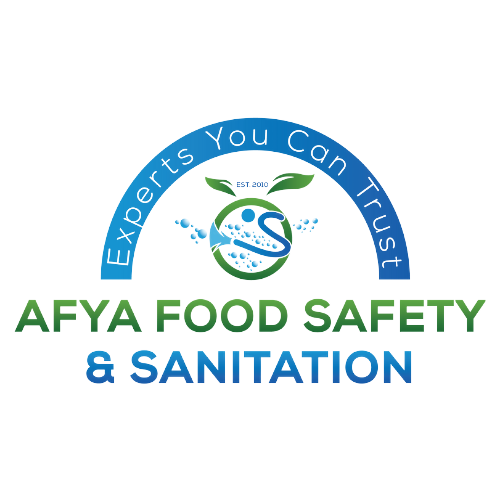
Please Wait For Loading

Please Wait For Loading
Maryland, MD USA
+1 (443) 666-9132
info@afyafoodsafety.com
Opening Hours: 9:00 AM - 5:00 PM
Copyright ©Afya Food Safety all rights reserved.
You can also reach us via Phone: +1 443 666 9132 or via Email:info@afyafoodsafety.com
Antibiotic Resistance: A Growing Threat to Food Safety
Introduction
Antibiotic resistance has become a pressing global health concern, especially in the food industry. The excessive use of antibiotics in livestock production has contributed to the emergence of antibiotic-resistant bacteria, which can spread to humans through food consumption. Consequently, treating bacterial infections in humans has become more challenging, with some infections becoming untreatable. This blog explores the impact of antibiotic resistance and its causes.
What is Antibiotic Resistance?
Antibiotic resistance occurs when bacteria evolve to withstand the effects of antibiotics designed to kill them. Over time, bacteria develop defense mechanisms that make these drugs less effective, allowing infections to persist and spread. When antibiotics fail to work, common infections become harder to treat, leading to prolonged illnesses, more hospitalizations, and increased mortality.
In the context of food production, antibiotic-resistant bacteria can develop in livestock and poultry that are routinely given antibiotics. These bacteria can then be transferred to humans through contaminated meat, dairy products, and even produce that comes into contact with animal waste.
How Does Antibiotic Resistance Develop in Food Production?
– Consumption of undercooked meat contaminated with resistant bacteria.
– Handling raw meat or animal products without proper hygiene.
– Contact with contaminated water or soil where animal waste has been used as fertilizer.
The Public Health Impact of Antibiotic Resistance
Antibiotic resistance poses a significant threat to public health because it limits treatment options for bacterial infections. Some key risks include:
Related Posts
Categories
4 Solutions To Combat Antibiotic Resistance in Food Production
April 30, 2025Antibiotic Resistance: A Growing Threat to Food Safety
April 17, 2025Calender